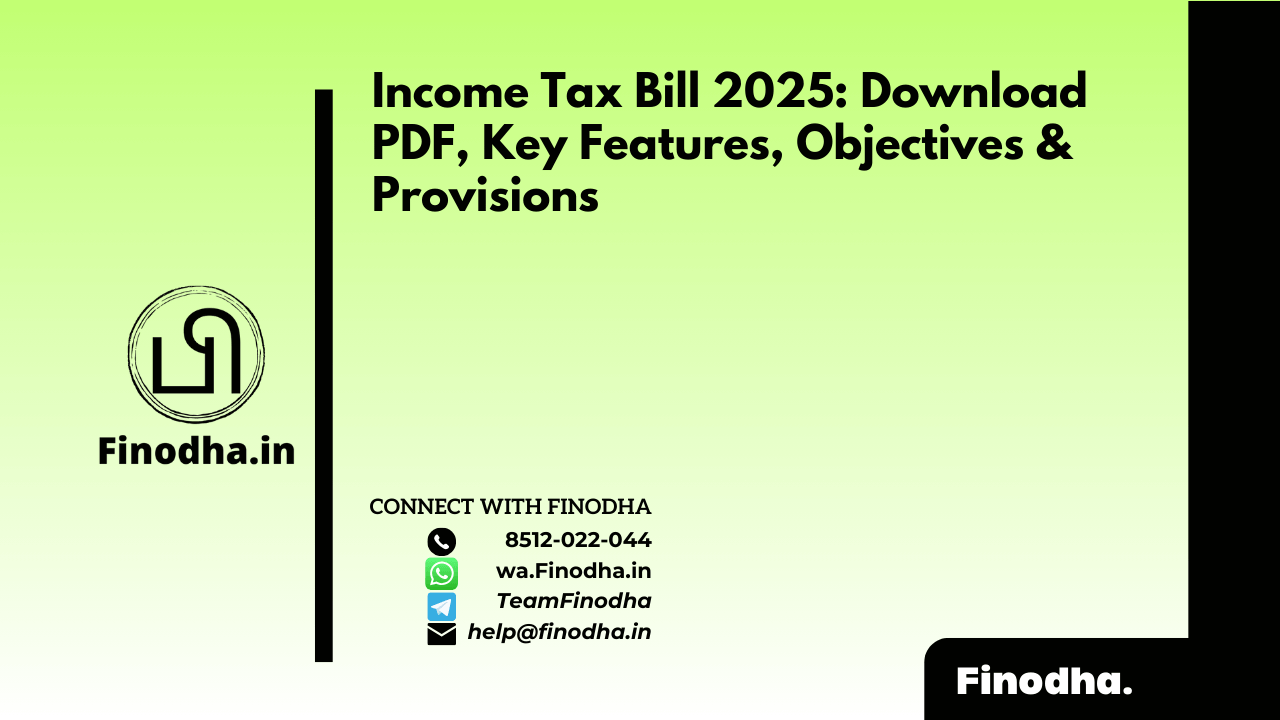Important Keywords: Beneficial owner, Ownership benefits, Legal ownership, Companies Act 2013, Significant Beneficial Owner Rules 2018, Anonymity, Tax planning, Asset protection, Transparency, Illicit activities, Financial system integrity.
Table of Contents
Introduction:
In the world of finance and corporate structures, the concept of beneficial ownership plays a crucial role. Although it may sound complex, it essentially refers to the individual or group of individuals who enjoy the benefits of ownership, even if the legal title of a property or security is held by someone else. In this article, we will explore the concept of beneficial ownership, its advantages and disadvantages, provide an exhaustive example for Indian readers, answer frequently asked questions, and conclude with key takeaways.
Subheadings:
- What is Beneficial Ownership?
- Origin and Legal Framework
- Advantages of Beneficial Ownership
- Disadvantages and Risks
- Example Illustration for Indian Readers
- Key Takeaways
- Conclusion
What is Beneficial Ownership?:
Beneficial ownership refers to the ownership of assets, such as property, shares, or securities, by an individual or group of individuals who derive the benefits and control over those assets, despite the legal title being held by another party. The beneficial owner has the power to make decisions regarding the assets, exercise voting rights, and enjoy the economic benefits associated with ownership.
Origin and Legal Framework:
The concept of beneficial ownership finds its roots in Section 90 of the Companies Act, 2013. This section empowers the Central Government to appoint qualified persons to investigate and report on beneficial ownership of shares. To provide further clarity, the Ministry of Corporate Affairs (MCA) notified the Companies (Significant Beneficial Owner) Rules 2018, which necessitate companies to disclose their beneficial ownership.
Advantages of Beneficial Ownership:
- Anonymity: Beneficial ownership allows individuals to maintain privacy and anonymity in their financial affairs, which can be useful for personal or legitimate reasons.
- Tax Planning: By structuring ownership through beneficial ownership, individuals can optimize their tax obligations within legal boundaries.
- Asset Protection: Holding assets through beneficial ownership can provide protection against legal claims or liabilities.
- Simplified Transactions: Beneficial ownership simplifies the process of transactions by allowing beneficial owners to act on behalf of the assets without involving the legal owner directly.
Disadvantages and Risks:
- Illicit Activities: Beneficial ownership can be exploited for money laundering, tax evasion, or concealing criminal proceeds, posing a risk to the integrity of the financial system.
- Lack of Transparency: Concealing beneficial ownership may hinder efforts to combat corruption, prevent fraud, or ensure compliance with regulations.
- Limited Legal Protection: In case of disputes or legal actions, beneficial owners may face challenges due to the absence of direct legal ownership.
Example:
Let’s consider a scenario where Mr. Sharma invests in shares of a company through a mutual fund. The mutual fund holds the legal title to the shares, but Mr. Sharma is the beneficial owner. This means that Mr. Sharma enjoys the benefits of ownership, such as dividends and capital appreciation, and has the power to make decisions regarding voting rights, even though the mutual fund holds the legal title for convenience and safety.
Key Takeaways:
- Beneficial ownership refers to the enjoyment of ownership benefits by individuals, even if the legal title is held by another party.
- It can provide anonymity, tax planning opportunities, and asset protection.
- However, it can also be exploited for illicit activities and lacks transparency.
- Companies are required to disclose their beneficial ownership as per the Companies (Significant Beneficial Owner) Rules 2018.
Conclusion:
Understanding the concept of beneficial ownership is essential in navigating the complexities of financial and corporate structures. While it offers advantages in terms of privacy and flexibility, it also poses risks if misused. Striking the right balance between beneficial ownership and regulatory compliance is crucial for maintaining a fair and transparent financial system.
Popular Tags:
Capital gains (21) CGST (278) Chapter VI-A (15) e-Compliance Portal (21) E-Verify (20) economic growth (21) F&O Trading (29) F.No.354/117/2017-TRU (23) F. No. CBIC-20001/4/2024-GST (15) Financial planning (15) financial stability (17) GST (1425) IGST (222) Income from House Property (17) Income Heads (16) Income Source (14) Income tax (111) Income Tax Account (15) Income Tax Filing (20) Indian context (22) Indian investors (16) ITR-3 (19) ITR Form (20) P&L Statement (24) PAN (13) Risk Management (20) Salary Income (19) Section 7(1) UTGST Act 2017 (14) Section 8(1) UTGST Act 2017 (26) section 9 (18) section 10 (28) section 15 (13) section 25 (17) section 39 (24) section 49 (16) section 50 (16) section 51 (13) Section 52 (16) Section 54 (13) section 73 (21) section 74 (22) SGST (223) Speculative Income (14) Trading Income (33) UTGST (78)




